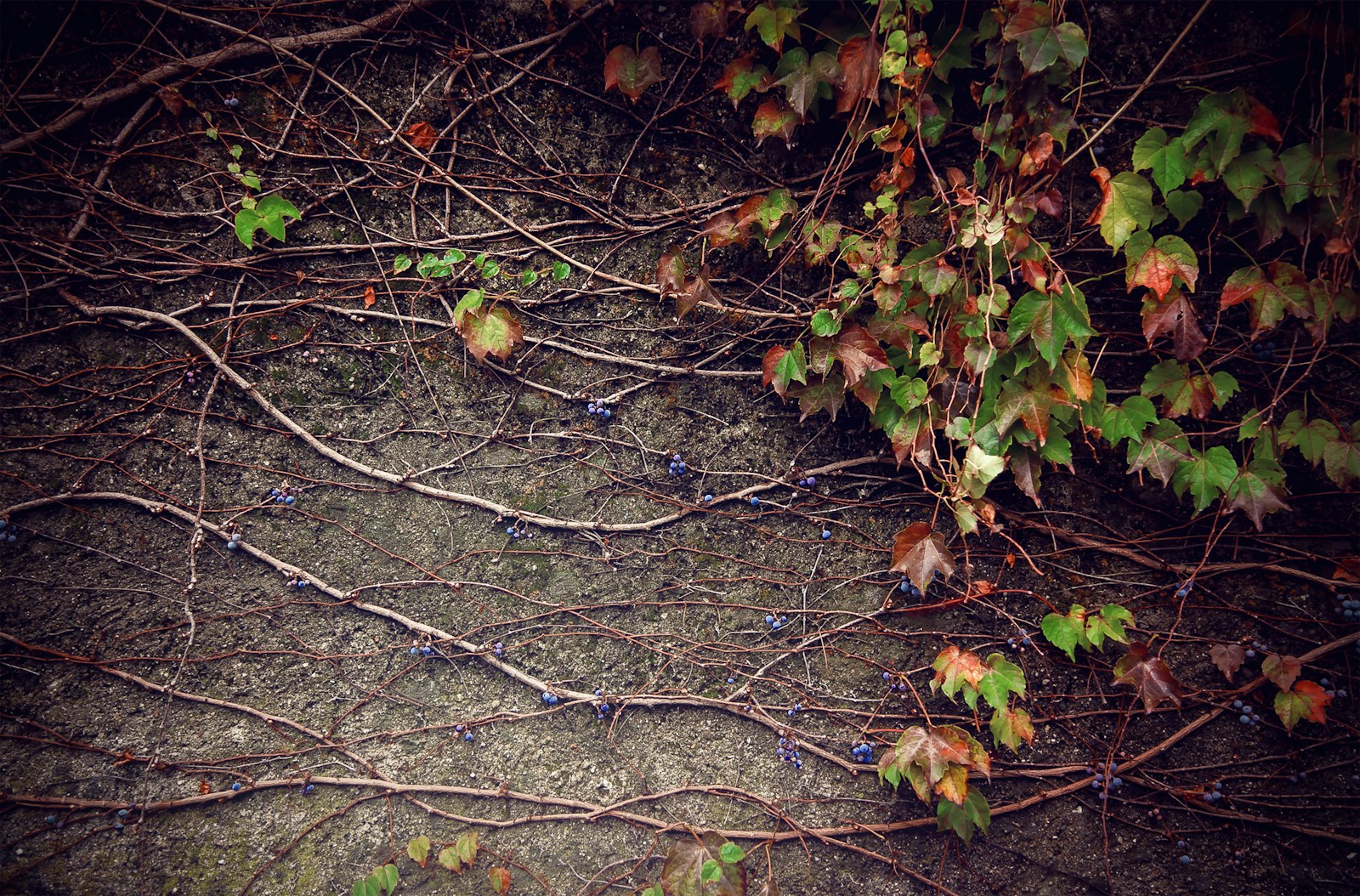
sol

ground
The French word for 'ground' is 'sol'. It is used in French just like in English, to refer to the surface of the Earth or floor. It can appear in various contexts, including geographical exploration, gardening, and even in expressions like 'avoir les pieds sur le sol' (to have one's feet on the ground), signifying to be realistic or sensible.
Example sentences using: sol
L'érosion du sol est un problème majeur dans cette région.

Soil erosion is a major problem in this region.
'Sol' in this example refers to soil. It is used in the context of discussing the environmental issue of soil erosion.
Le sol était plein de feuilles mortes.

The ground was full of dead leaves.
In this case, 'sol' refers to the ground or floor. This sentence depicts a scene where the ground is covered in dead leaves, perhaps during autumn.
La plante a besoin de plus de sol fertile.

The plant needs more fertile soil.
'Sol' in French can also mean soil. Here it is used to denote the medium in which plants grow.
Elle avait peur de toucher le sol avec ses pieds.

She was afraid to touch the ground with her feet.
In this context, 'sol' is used to refer to the ground or floor that one walks on.
Le sol de la forêt était doux et humide.

The forest floor was soft and damp.
'Sol' is utilized again here to allude to the forest floor. This phrase could be a sensory addition to a narrative.
Le sol de la cuisine était froid sous ses pieds nus.

The kitchen floor was cold under her bare feet.
In this example, 'sol' is the kitchen floor. This sentence paints a vivid image of someone standing barefoot on a cold kitchen floor.
L'enfant a griffonné sur le sol avec une craie.

The child scrawled on the floor with chalk.
In this sentence, 'sol' is used to describe the area where the child is doodling with chalk, most likely an outside pavement or an indoor floor.
J'ai perdu mon équilibre et je suis tombé sur le sol.

I lost my balance and fell to the ground.
'Sol' is used to represent the ground on which someone may fall, underlining the physical location where the fall happened.
Le sol vibré sous le poids de la musique.

The floor vibrated under the weight of the music.
Here, 'sol' symbolizes the floor that's vibrating due to the loud music, thus suggesting a powerful and intense musical experience.
Le sol gelé craquait sous ses pas.

The frozen ground creaked under her steps.
In this context, 'sol' is used to refer to the frozen ground that makes a creaking noise as someone walks over it.